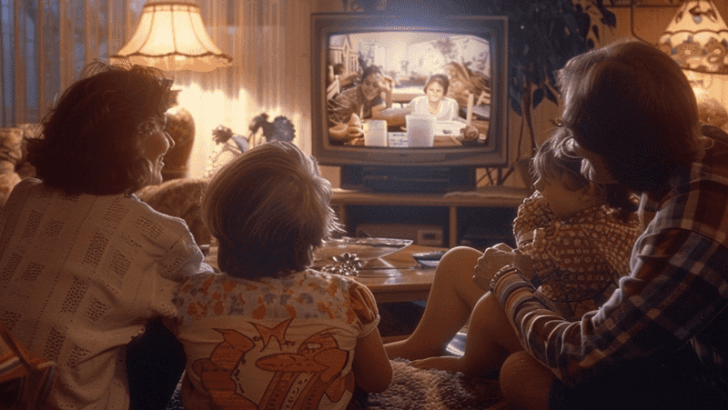The 1960s and ‘70s were a golden era for science fiction television. Full of imaginative ideas and bold predictions, these shows often ventured beyond the limits of contemporary technology to explore what the future might hold. Today, many of those futuristic concepts have become reality, from handheld communication devices to virtual reality and beyond.
These trailblazing series offered not only entertainment but also a window into the possibilities of tomorrow. As we explore these 13 innovative shows, we’ll uncover how they foresaw aspects of the modern world we live in today. Each show offers a unique glimpse into the future, blending creativity with foresight.
1. Star Trek
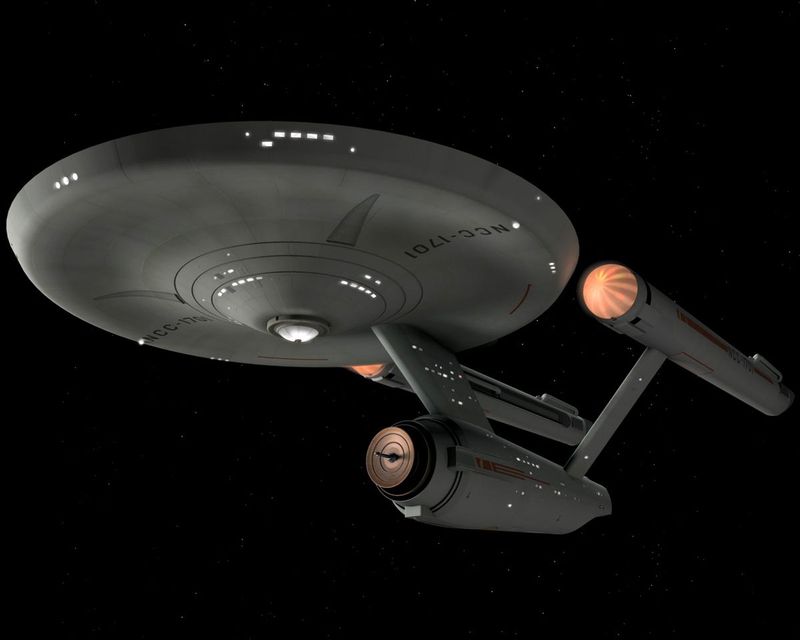
Star Trek, with its iconic starship, boldly traveled where no one had gone before, and in doing so, it envisioned a future rich with technological marvels. The series introduced viewers to handheld communicators, which bear a striking resemblance to today’s smartphones. With its diverse crew, the show also anticipated a future of inclusivity and global cooperation. The impact of Star Trek on modern technology is undeniable; it’s said that the series inspired many of today’s tech innovators. This visionary series not only entertained but also propelled the imagination of countless fans, shaping how we view the possibilities of tomorrow.
2. The Jetsons
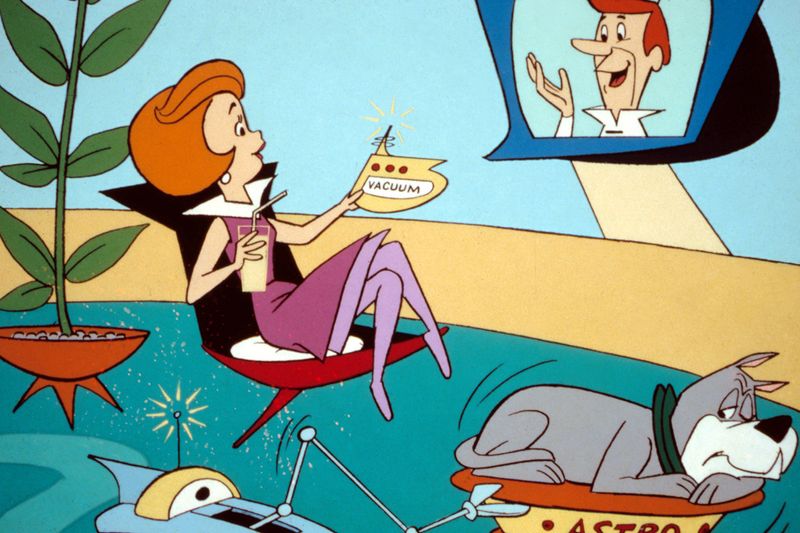
The Jetsons painted an optimistic picture of the future—a world where families lived in towering apartments above the clouds and commuted in flying cars. While we might not have flying cars yet, the show anticipated several aspects of modern technology. From video calls to robotic vacuums, the everyday conveniences depicted in The Jetsons have become part of our lives. This animated series captured the imagination of its audience, projecting a vision of a technologically advanced future. The whimsical depiction of everyday life served as a light-hearted yet insightful prediction of coming advancements.
3. Doctor Who
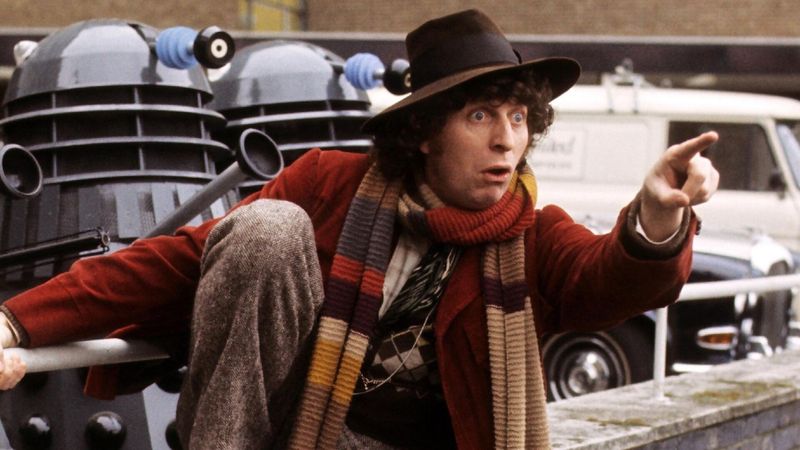
Doctor Who, the longest-running sci-fi series, takes viewers on adventures through time and space with the Doctor and the iconic TARDIS. While time travel remains fictional, the series predicted a future of exploration and discovery. Its portrayal of AI and advanced robotics resonates with today’s technological landscape. The show’s enduring appeal lies in its ability to reinterpret current events through a futuristic lens. With whimsical storytelling and imaginative plot twists, Doctor Who continues to inspire audiences by pushing the boundaries of what’s possible, predicting technological shifts and fostering a spirit of curiosity.
4. Space: 1999
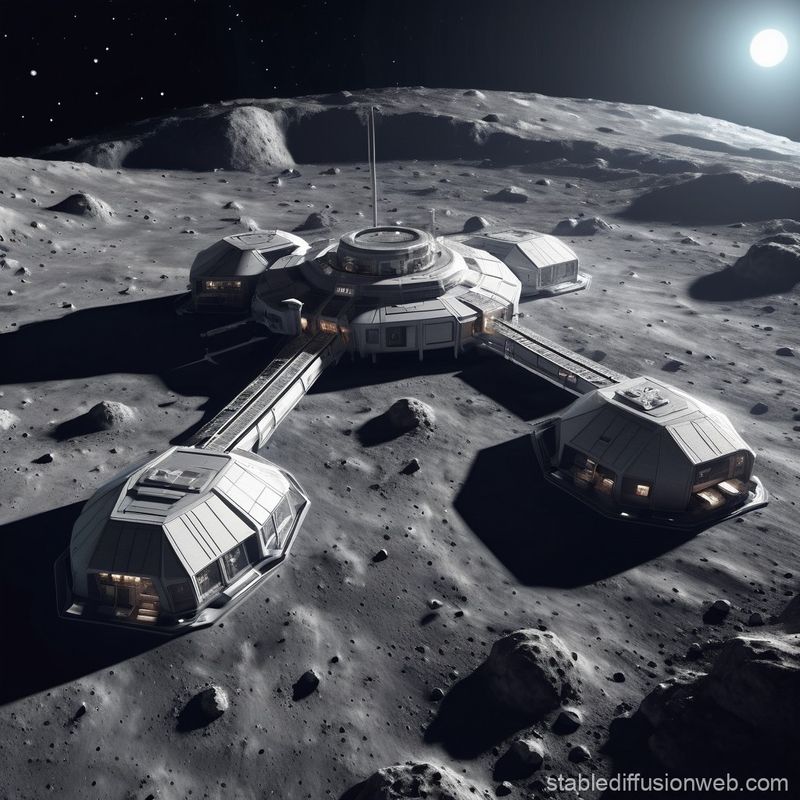
Space: 1999 was a gripping series that imagined a moon settlement after the moon is knocked out of Earth’s orbit. Though the concept is extreme, it presaged the idea of space colonization and exploration. The series featured advanced spacecraft and envisioned lunar bases, echoing today’s discussions on space tourism and colonization. Its depiction of lunar life offered a glimpse into how humanity might adapt to life beyond Earth. With a focus on survival and human ingenuity, it captured the spirit of exploration, reflecting the era’s fascination with space travel and its potential realities.
5. Lost in Space
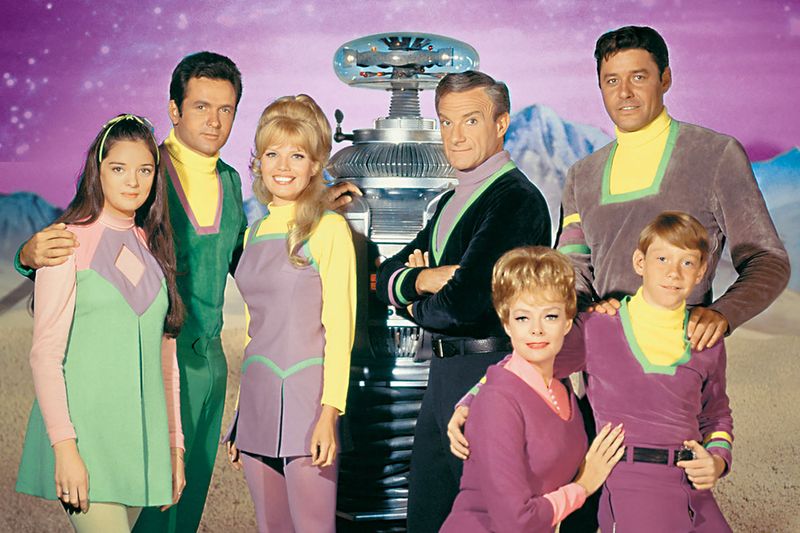
Lost in Space chronicled the adventures of the Robinson family, stranded in the cosmos. The series presented advanced space travel technology and an array of alien encounters. While the family-centered narrative was compelling, it also showcased scientific concepts, such as cryogenics and genetic engineering, that are gaining traction today. Lost in Space combined adventure with education, igniting viewers’ curiosity about space and science. Its innovative portrayal of future technology remains a beloved aspect of the series, reflecting the technological aspirations of its time with a blend of excitement and wonder.
6. The Prisoner
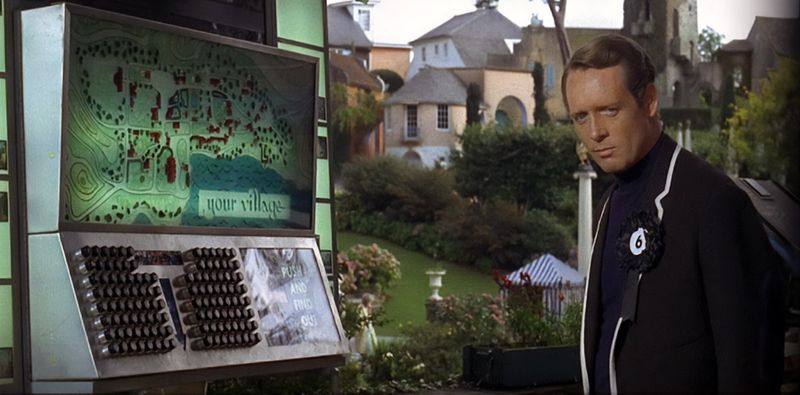
The Prisoner, a cerebral series blending mystery with science fiction, explored themes of control and individuality. Set in a seemingly idyllic village, it presaged modern surveillance states and privacy concerns. Its protagonist, known only as Number Six, grapples with identity in a world of constant monitoring. The series struck a chord with viewers, reflecting societal anxieties about technology’s role in control and freedom. Through its enigmatic storytelling, The Prisoner engaged audiences with its thought-provoking exploration of autonomy, resonating with today’s debates over privacy and surveillance technology.
7. The Twilight Zone
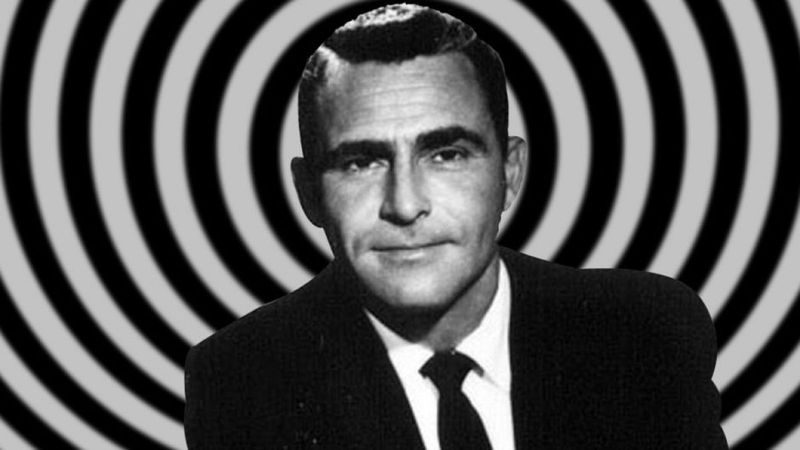
The Twilight Zone, an anthology series, took viewers to a dimension of imagination, offering stories that blurred the lines between reality and fantasy. Its episodes often tackled societal issues through speculative fiction, making prescient comments on technology and its impacts. Themes like AI and virtual reality, explored through chilling narratives, have since become integral to our technological landscape. The show’s haunting storytelling and moral lessons continue to resonate, influencing both audiences and creators. The Twilight Zone remains a benchmark for sci-fi storytelling, capturing the imagination and provoking thought about the future.
8. Battlestar Galactica (1978)

Battlestar Galactica introduced audiences to a universe on the brink of extinction, depicting themes of survival and resilience. The series’ portrayal of artificial intelligence, in the form of the Cylons, speaks to the ethical considerations of AI that we grapple with today. Its narrative explored the consequences of creating sentient machines, offering a cautionary tale that remains relevant. Through compelling storytelling and vivid imagery, Battlestar Galactica highlighted the potential and perils of technological advancement, serving as a stark reminder of the responsibilities that accompany innovation.
9. UFO
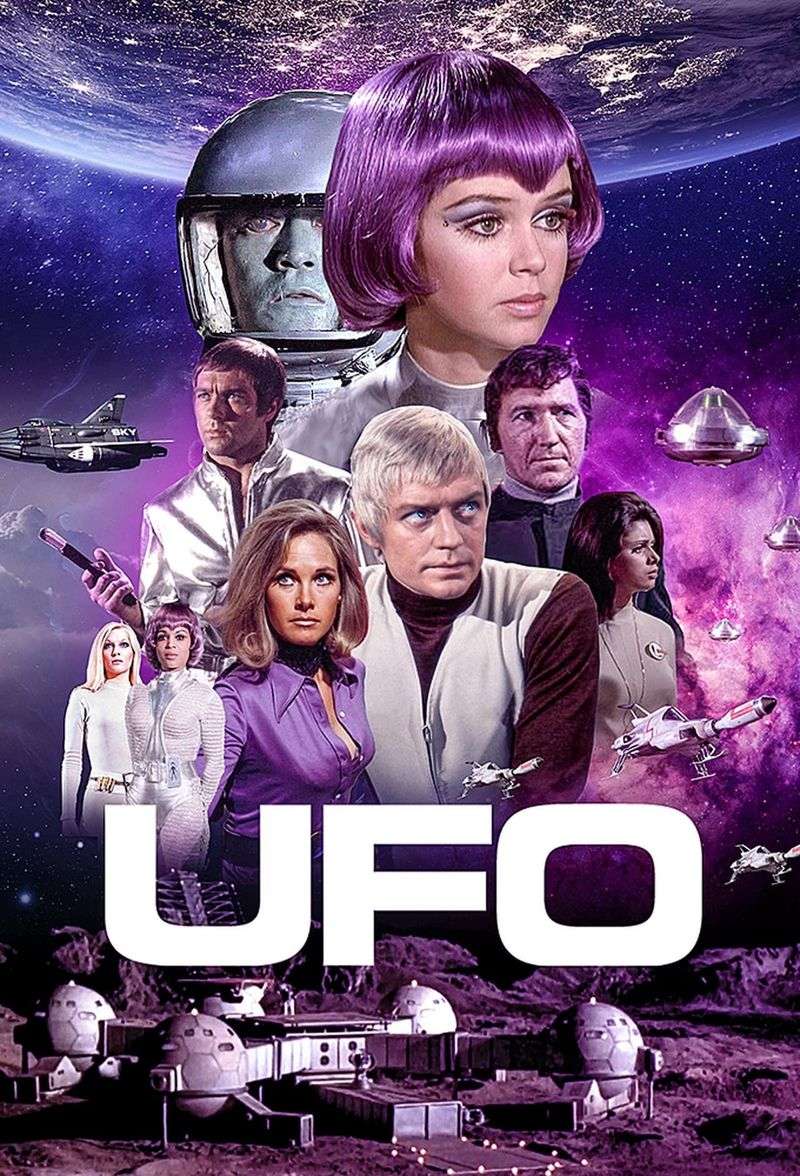
UFO presented a world where a secret military organization defends Earth from alien invasions. The series envisioned advanced aerospace technology and covert operations reminiscent of modern defense strategies. Its portrayal of futuristic vehicles and stealth technology aligns with contemporary advancements in military and aerospace fields. By blending science fiction with action, UFO entertained while it speculated about future warfare and defense mechanisms. The series captured the era’s fascination with outer space and unidentified phenomena, offering a glimpse into potential technological innovations in security and exploration.
10. Blake’s 7
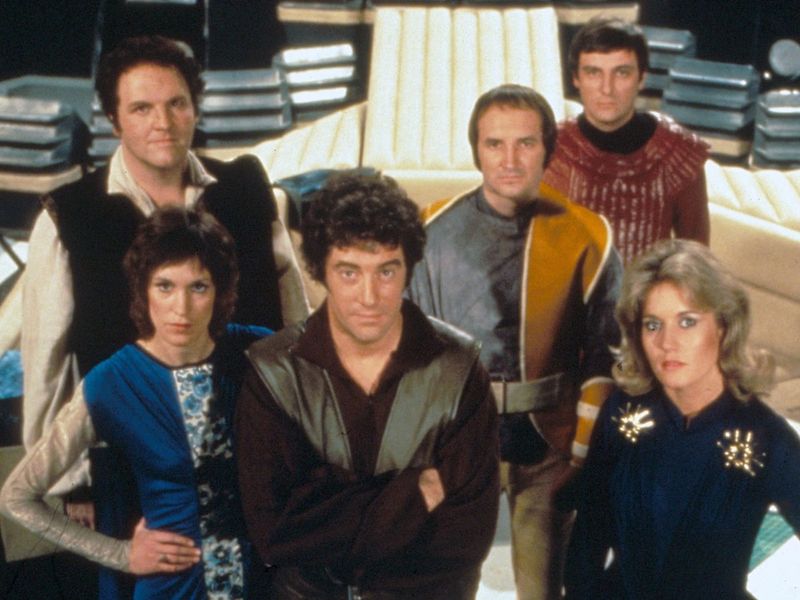
Blake’s 7 followed a group of rebels fighting against a tyrannical regime, embodying themes of resistance and freedom. The series’ depiction of advanced technology, from teleportation devices to AI interfaces, resonates with today’s discussions on digital autonomy and freedom. Its narrative explored the intersection of technology and power, reflecting societal concerns of the time. Blake’s 7 offered a thrilling journey through space, punctuated with philosophical questions about technology’s role in human liberation and control. The show’s daring escapades continue to engage audiences with its timeless exploration of rebellion.
11. The Six Million Dollar Man
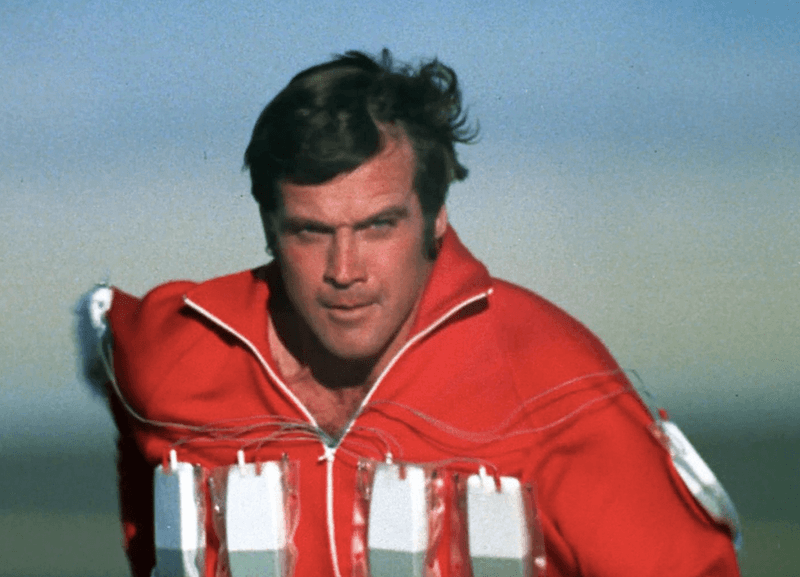
The Six Million Dollar Man introduced audiences to the concept of bionic enhancements, a theme that has gained traction in modern medical advancements. The series followed Steve Austin, a former astronaut, turned into a superhuman agent with bionic limbs. While the idea of bionics was groundbreaking at the time, it predicted the development of prosthetics and bioengineering seen today. The show engaged viewers with its thrilling action and futuristic vision of human augmentation, highlighting the potential for technology to enhance human capabilities and transform lives.
12. Logan’s Run (TV Series)

Logan’s Run, set in a dystopian future, explored themes of youth, freedom, and control within a society that dictates the lifespan of its citizens. The series depicted a world governed by technology, where inhabitants live in a domed city with restricted freedoms. Its portrayal of societal control through advanced technology echoes today’s discussions on digital privacy and surveillance. By blending action with social commentary, Logan’s Run captivated audiences with its exploration of freedom and individuality in a technologically driven world, offering a cautionary tale about unchecked technological control over life.
13. Mork & Mindy
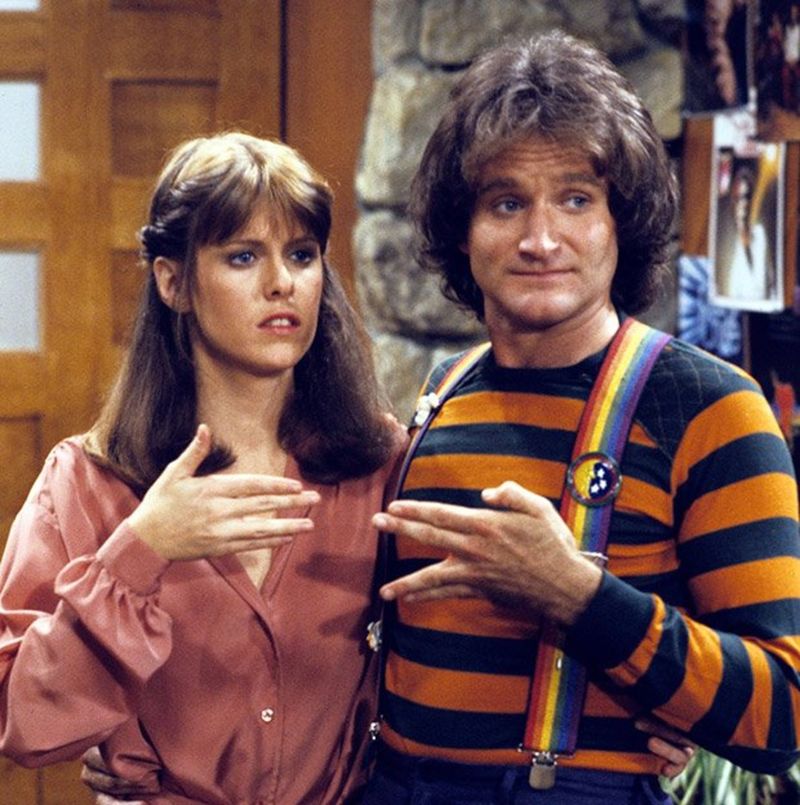
Mork & Mindy introduced viewers to Mork, an endearing alien navigating life on Earth. While primarily a comedy, the series touched on themes of cultural exchange and understanding. Mork’s advanced Orkan technology, though whimsical, hinted at future tech innovations like voice-activated devices and smart home systems. The show’s heartwarming humor and portrayal of alien technology offered a light-hearted look at the collision of cultures and the possibilities of future gadgets. Through laughter and curiosity, Mork & Mindy resonated with audiences, celebrating the joys and challenges of embracing the unknown.

Well, hello there!
My name is Jennifer. Besides being an orthodontist, I am a mother to 3 playful boys. In this motherhood journey, I can say I will never know everything. That’s why I always strive to read a lot, and that’s why I started writing about all the smithereens I came across so that you can have everything in one place! Enjoy and stay positive; you’ve got this!

